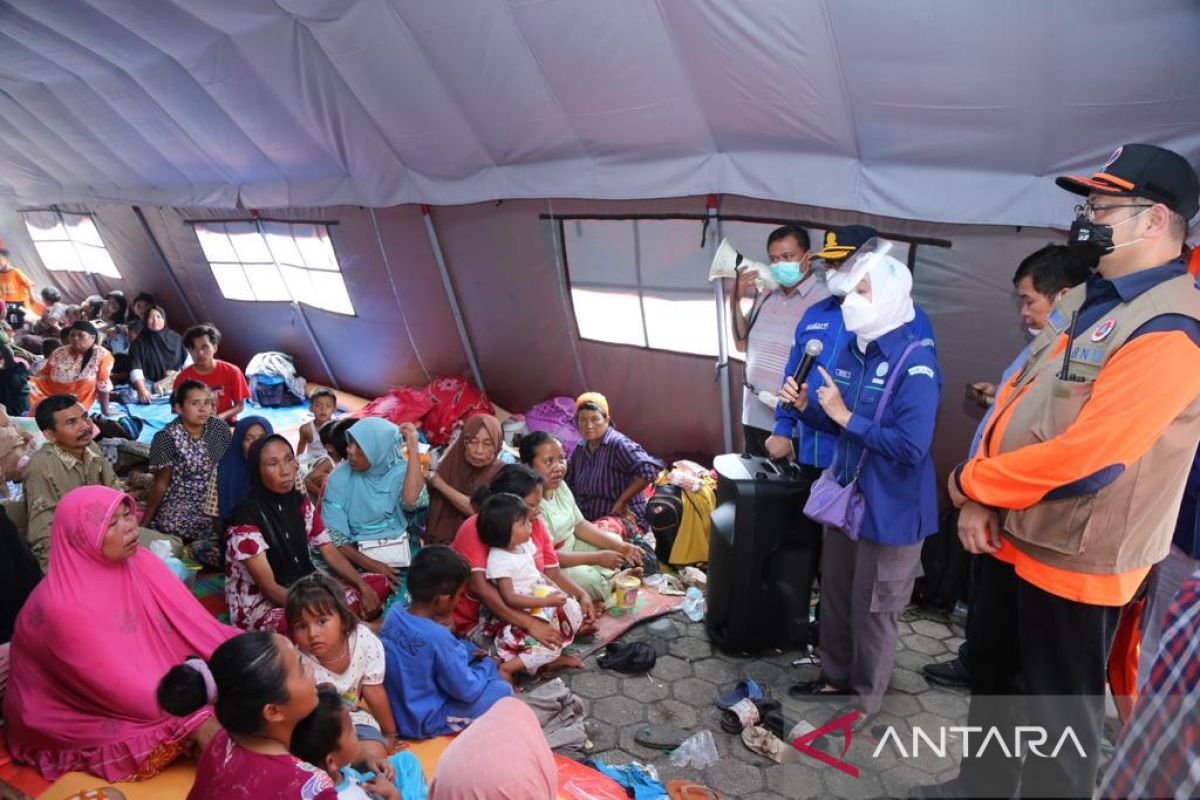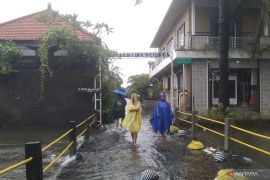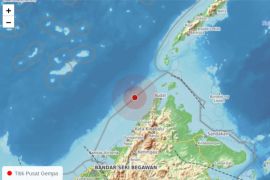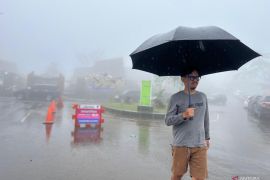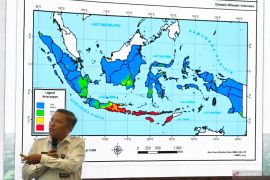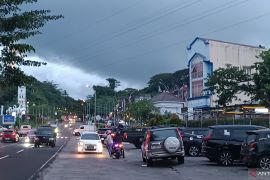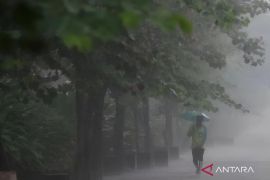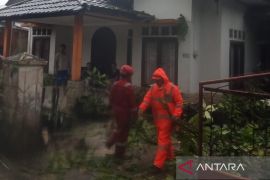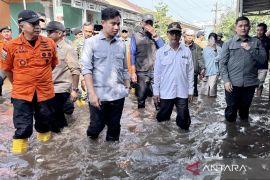Communities living near the site of the quake need to watch out for potential hydro-meteorological disasters such as floods, flash floods, or landslides, as the rainy season is still on, she cautioned here on Monday.
People living along the river flowing on the slopes of Mount Talamau must remain more vigilant and alert because disasters can happen at any time, she said.
"The people's alertness must shift from earthquakes to (hydro-meteorological) disasters due to the rainy season," Karnawati reiterated. Based on the results of a survey, the sediment from a flood can overflow to a radius of around 200 m from the riverbank, she explained.
Therefore, if it rains, residents living along the river that flows from the upper slopes of Mount Talamau should avoid zones within a radius of 200 m of the riverbank, and the flood situation is expected to happen in March–April 2022, she informed.
Related news: Floods isolate thousands of villagers in West Sumatra
Karnawati said that currently, BMKG and the River Basin Agency of the Ministry of Public Works and Public Housing are continuing to carry out mitigation efforts to reduce the impact of potential hydro-meteorological disasters.
The mitigation endeavors carried out by BMKG include monitoring the weather and rain intensity, she informed. The River Basin Agency will dredge mud sediment caused by any avalanche or earthquake by using heavy equipment so that the river does not overflow into residents' settlements, she said.
The dredging is aimed at avoiding blockage of sediment material in the river valley that will become dangerous if it stems the flow of water, she added.
BMKG will keep monitoring the weather using radar and provide forecasts and early warnings of extreme weather in the upstream area of the river slopes of Mount Talamau, she said.
"We are also identifying danger zones on the borders of the river and slopes," Karnawati added.
Further, the development of the earthquake has depleted, meaning that aftershocks are getting weaker and becoming more stable, she informed.
Related news: Landslides hit Agam and West Pasaman districts, West Sumatra
Related news: 6.1-Magnitude quake in West Sumatra felled several hundred houses
Translator: Devi R, Kenzu T
Editor: Suharto
Copyright © ANTARA 2022
